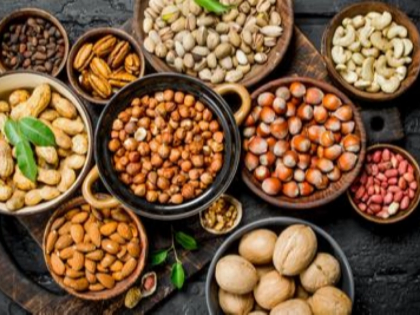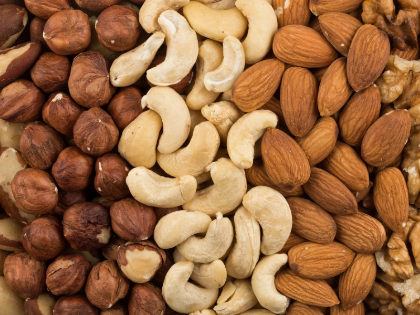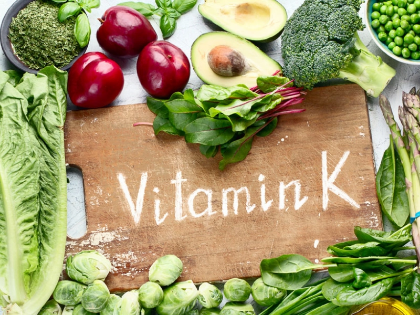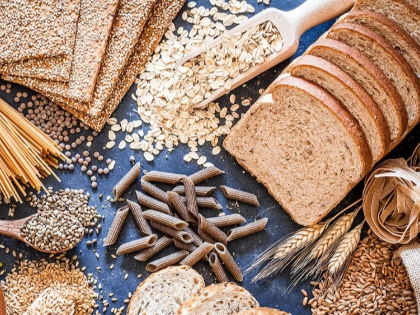How Vitamin K Contributes to Healthy Inflammatory Response
1. Gaining Knowledge About Inflammation
The body naturally and vitally employs inflammation to defend itself against infection and damage. It uses blood vessels, immune cells, and molecular mediators in a complicated interaction. Although healing depends on acute inflammation, persistent inflammation can cause several health problems, including autoimmune illnesses, heart ailments, and even cancer. Thus, general health depends on a balanced inflammatory response, which is maintained largely by nutrition.
2. Function of Vitamin K
Found in two main forms—K1 (phylloquinone), found in green leafy vegetables, and K2 (menaquinone), found in fermented foods and animal products—vitamin K is a fat-soluble vitamin. Although vitamin K is mostly known for helping blood clotting, new studies indicate that it also significantly controls inflammation. Understanding how vitamin K fuels a healthy inflammatory response will enable people to choose their diets wisely.
3. Vitamin K: Immune Function
Maintaining a proper immune system depends on vitamin K. It affects the activity of several immune cells, including macrophages and T cells, which are vital in the inflammatory reaction. Sufficient vitamin K helps the body prevent excessive inflammation and improves its capacity to fight diseases and injuries. This control is essential for balancing the immune response, ensuring effectiveness without turning into a negative influence.
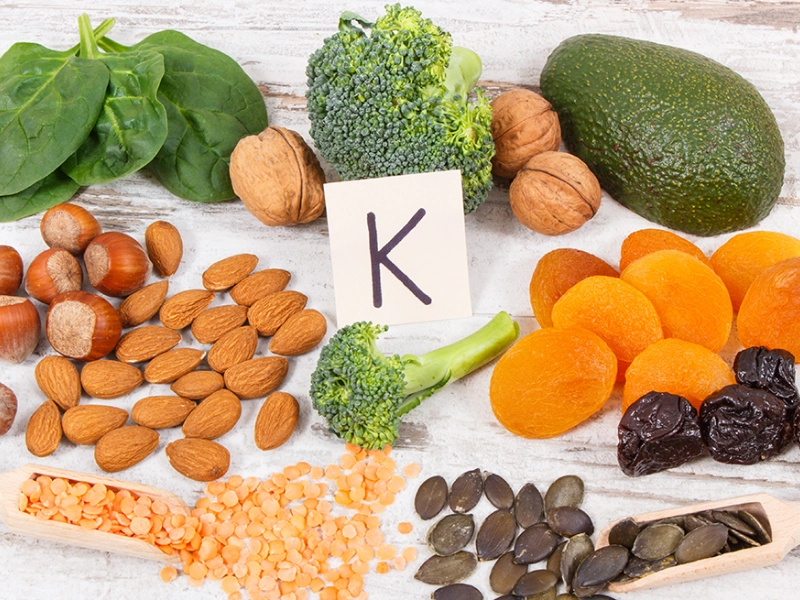
4. The Link Between Vitamin K and Cytokines
Mediating inflammation is largely dependent on cytokines, which are signaling molecules. Based on their intended use, they can be anti- or pro-inflammatory. Studies show that vitamin K might affect the synthesis of specific cytokines, thus fostering the appropriate inflammatory response. By adjusting cytokine levels, vitamin K can help prevent chronic inflammation and support the resolution of inflammation when it is not needed.
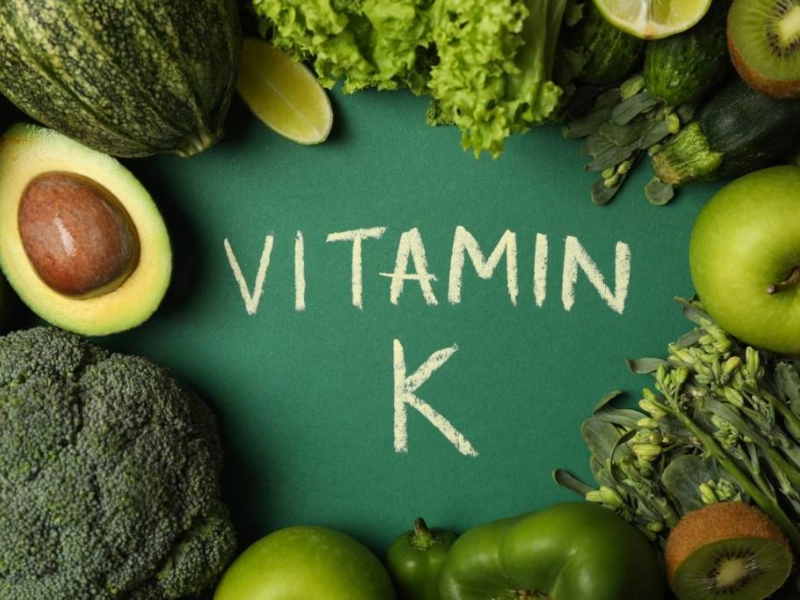
5. Antioxidant Actions of Vitamin K
Vitamin K's antioxidant qualities provide yet another means of supporting a healthy inflammatory response. Oxidative stress results from an imbalance between free radicals and antioxidants in the body, causing cellular damage and inflammation. By demonstrating antioxidant properties, vitamin K helps neutralize free radicals and lower oxidative stress. This can assist in reducing the inflammatory response and supporting overall health by shielding cells from injury.

6. Vitamin K Dietary Sources
Including foods high in vitamin K in your diet will help support a normal inflammatory response. Excellent sources of vitamin K1 include green leafy vegetables, such as broccoli, kale, and spinach. Fermented foods like natto provide vitamin K2, along with dairy products and some meats. Including a variety of these items in your diet can help ensure sufficient vitamin K intake, supporting immune system function and inflammation control.
7. Value of Digestive Health
New studies have clarified how inflammation and intestinal health are linked. The control of inflammation and the immune system depends critically on a healthy gut flora. Vitamin K2 is particularly produced by beneficial gut bacteria. Maintaining gut health and enhancing the body's capacity to generate vitamin K2 through a balanced diet rich in fermented foods can further support a healthy inflammatory response.
8. Bone and Vitamin K Health
Since it controls calcium metabolism and bone mineralization, vitamin K is well-known for its importance in bone health. However, bone health and inflammation are also connected. Chronic inflammation can lower bone density and increase the risk of osteoporosis. By ensuring sufficient vitamin K intake, individuals can maintain bone health and contribute to a better inflammatory response, as strong bones help reduce inflammation-related problems.
9. The Function of Additives
For those who might find it difficult to get enough vitamin K from diet alone, supplements can be a solution. However, it is advisable to consult a healthcare practitioner before beginning any supplements, as excessive vitamin K may interact with several medications, especially blood thinners. A healthcare professional can ensure that the dosage fits your health requirements and help you choose the right one.
10. Synopsis of Vitamin K's Effectiveness Against Inflammation
Vitamin K supports a healthy inflammatory response in several ways. It helps balance inflammation by affecting immune function, altering cytokine production, and providing antioxidant effects. Including foods high in vitamin K in your diet will help you maintain ideal health and avoid chronic inflammation. Understanding the importance of this essential vitamin will enable individuals to choose foods that support a healthy inflammatory response and overall well-being.




